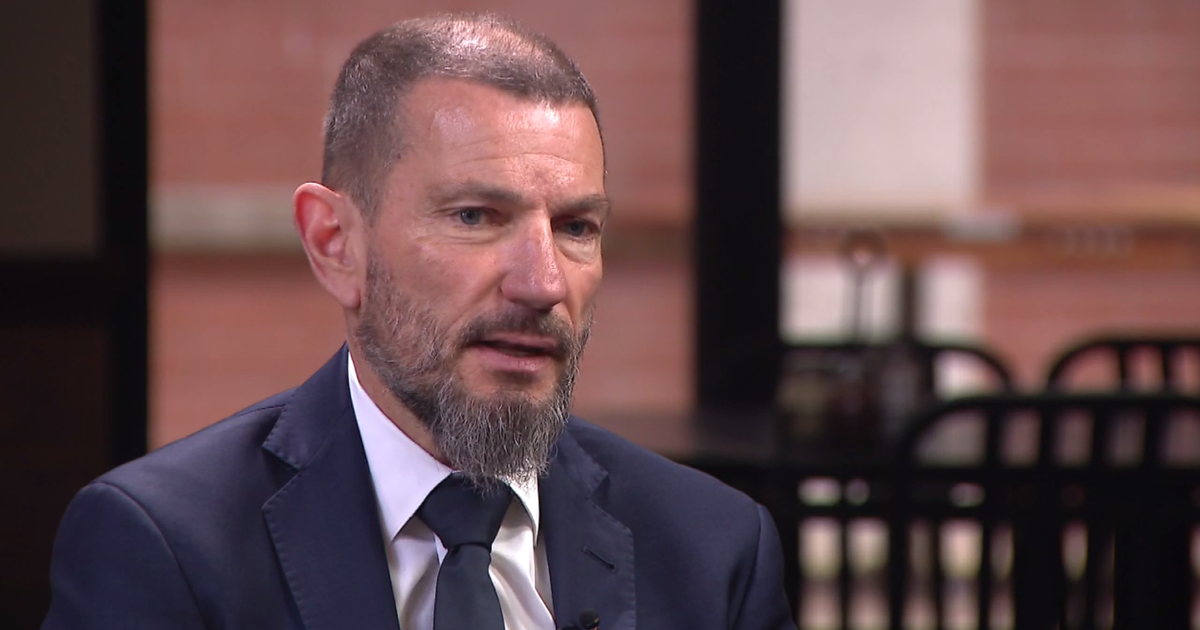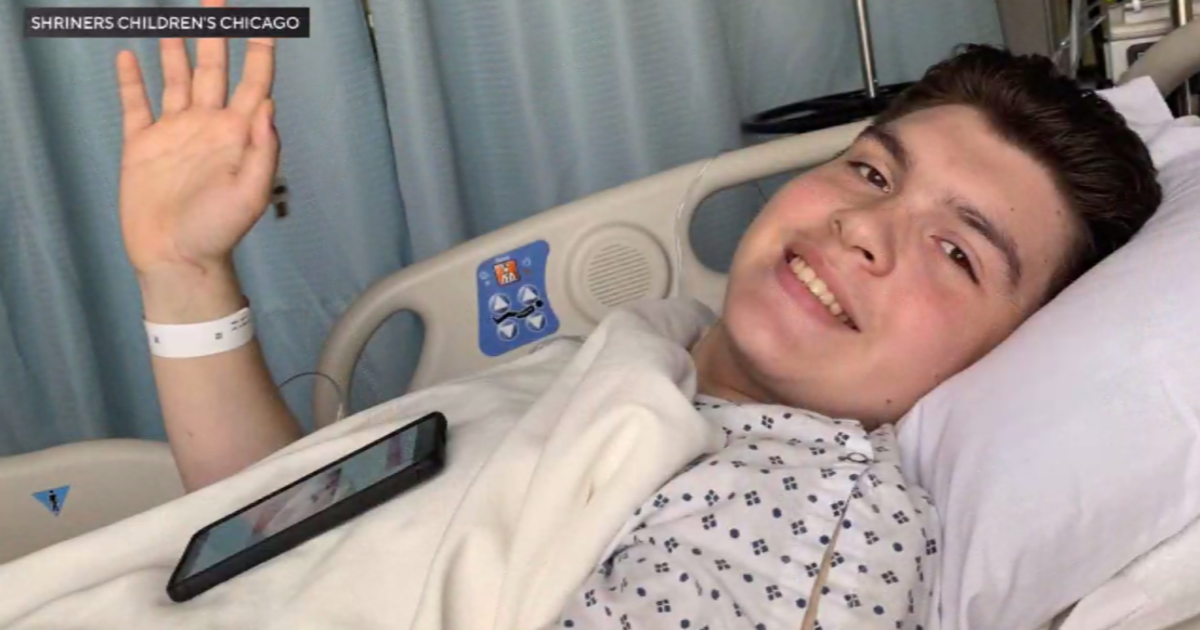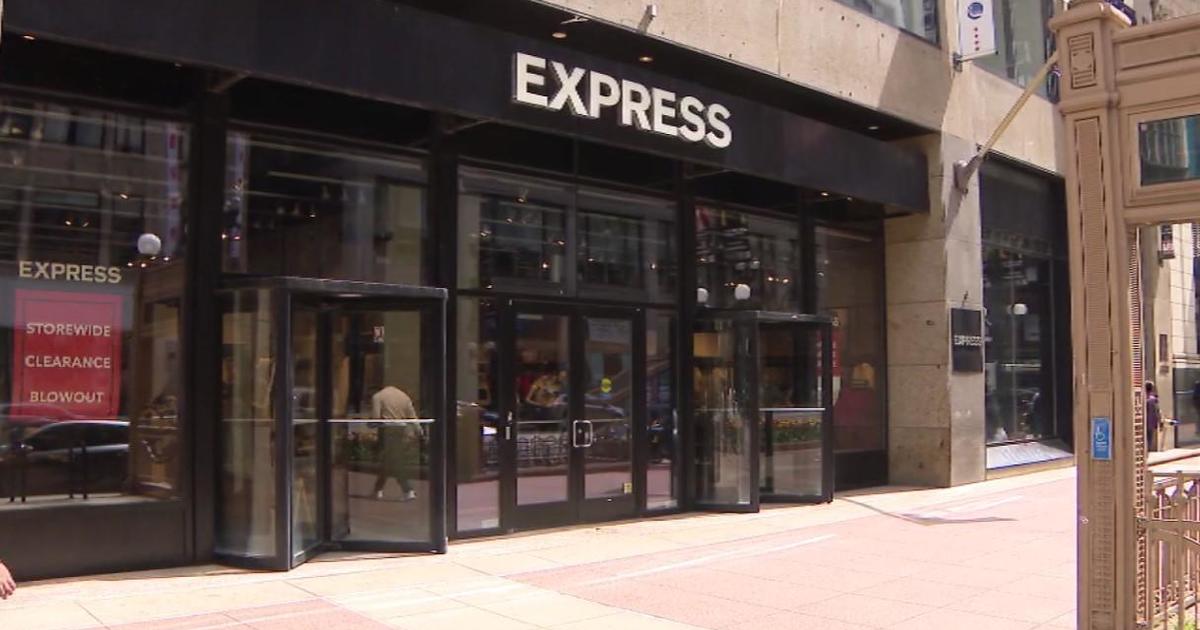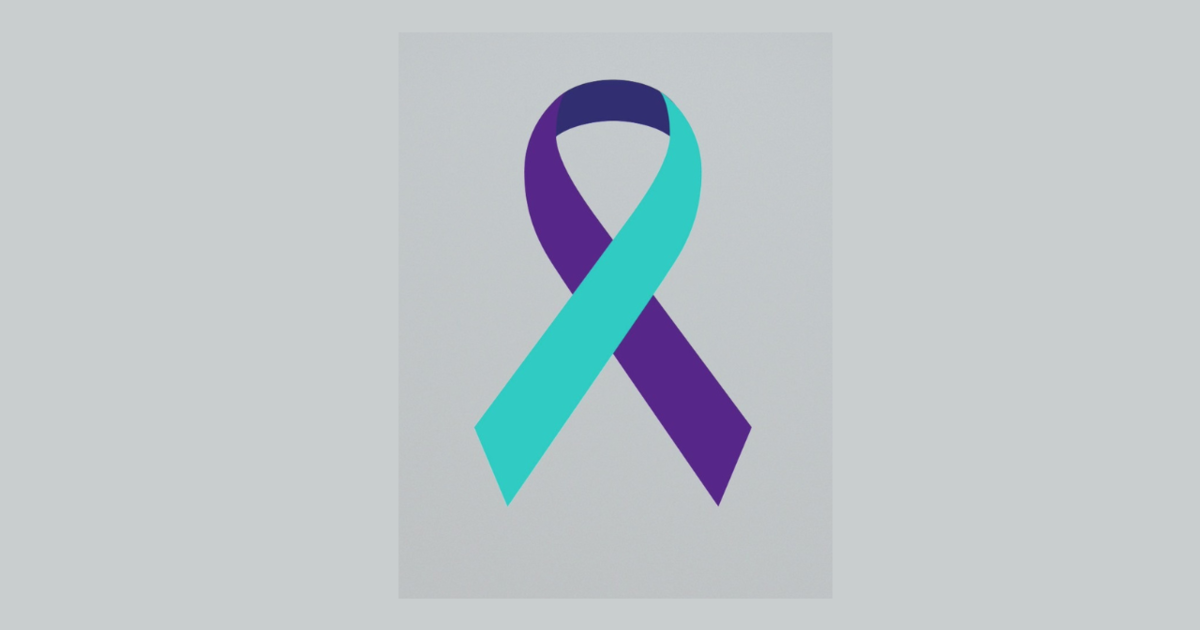Activists: Mercy Hospital Closing Will Create Health Care Desert For Bronzeville
CHICAGO (CBS) -- Fixing inequities in the city's Black and Brown neighborhoods is top of mind for Mayor Lori Lightfoot and activists across Chicago, and access to health care is a major concern.
But now, the only hospital in Chicago's Bronzeville community has announced it will close next year.
As CBS 2 Political Investigator Dana Kozlov reported, community activists said it will create a health care desert for the area.
It is also another dagger into the heart of one of Chicago's Black communities, and a 180 from what was planned for the site just a few months ago.
Mercy Hospital and Medical Center, 2525 S. Michigan Ave., has been part of Chicago since 1852 – 19 years before the Great Chicago Fire.
But Mercy officials said the city's oldest hospital will close its doors by next June, after a deal to partner with three other community hospitals fell through – in part because state lawmakers failed to give the group the money they needed.
"So it's just – it just feels like everyone's like this," said Action Now executive director Deborah Harris as she shrugged. "Like we're just going to let it happen and they'll figure it out."
Harris said the closure is not acceptable to those living in Bronzeville and nearby communities. It will leave those residents with no access to health care.
At one time, the area where Mercy Hospital was located amounted to a small medical district, with Michael Reese Hospital just to the east at 2929 S. Ellis Ave. But Michael Reese closed in 2009, and with Mercy closing, there will be no hospitals in the area at all.
The closest hospital would be Provident Hospital of Cook County, about three miles away at 500 E. 51st St. The University of Chicago Medical Center in Hyde Park is more than four miles away from Mercy; Northwestern Memorial Hospital in Streeterville is more than three miles away; and the University of Illinois at Chicago Medical Center, Rush University Medical Center, and Stroger Hospital of Cook County on the Near West Side are also about four miles away.
"I shouldn't have to take three buses to a hospital. I shouldn't have to go to another side of town for a hospital," Harris said. "But also, having health care facilities to low-income people is important. Not everybody has insurance."
In January, Mercy formed the South Side Coalition with Advocate Trinity Hospital in Calumet Heights, South Shore Hospital in South Chicago, and St. Bernard Hospital in Englewood, with the goal of building one or two new hospitals and several outpatient clinics.
Coalition leaders asked the state for $520 million over five years to make it happen.
In May, state lawmakers rejected the funding.
Harris sees the decision to close by Mercy as another move to push Black and Brown residents out of Chicago.
"We literally are fighting for our place to be here; our right to live and thrive here, and cutting off our supply to wellness is how you do it," Harris said.
Harris points out that data suggest Black communities suffer from a higher rate of chronic illnesses, and closing community hospitals like Mercy can worsen that problem.
Mercy Hospital President Carol Schneider said making the decision to close was not an easy one. The hospital pointed to a declining population, a decrease in hospital insurance reimbursements, and increased capital needs as other reasons they will close.
A hospital representative said Mercy is working on plans for an outpatient facility that could help care for 50,000 patients, but nothing is concrete.






